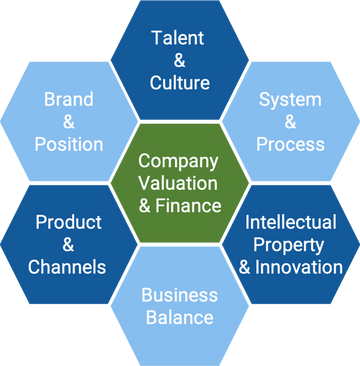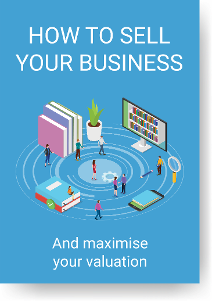Growth by M&A is often a luxury in the best of times so when there is a shock, such as the pandemic, transaction activity on the whole fell as expected.
There were exceptions for certain industries, namely those with businesses who are digital enabled where companies seek to buy in these capabilities quickly.
The current trend is to acquire turnaround situations or regional consolidation plays, though cross border activity remains where cheaper assets with long term strategic value is perceived. The M&A market across industries is however expected to kick-off and is primed for competitive valuations driven by a return of investor confidence from vaccine rollouts.
The question of if it's the right time to buy or sell remains tricky: those who were able to navigate the pandemic may have built an economically robust business, others may still be struggling but is an opportune time to assess the business operations to better serve customers, clarify immediate growth prospects are and if the business is ready to capture that value.
Many buyers continue to pursue an inorganic growth strategy and have a keen understanding of what resources & capabilities they want to acquire.
As a seller, the answer remains as it always will be, a deeply personal journey that has led you to once again wanting your freedom and acknowledging the business is ready to take the next step. The key question is how well the company has adapted to the pandemic, as this could impact a company valuation and process in several ways.

The transaction process itself has largely shifted to the digital arena. Meetings occur through teleconferencing, offsite due diligence, and increased use of virtual data rooms.
Whilst larger established investment banks and their clients have the IT infrastructure to conduct M&As, the small and lower mid-market continue to be underserviced.
Our Online Marketplace enables these transactions to occur from initial engagement with an advisor and buyers through to completion, including everything in between for private, secure interactions and assuring confidentiality.
Covid-19 has impacted the crafting of transactions in a number of ways:
The process will consider financial topics, how historical and forecasted financial performance can be adjusted for the pandemic effects, and if the normalised working capital is appropriate. Buyers are also concerned with borrowing covenants, occurrence of a breach and if obtained, terms of waiver. Buyers will conduct due diligence on any Government funding schemes, including if & how to withdraw from them. If such risks are not properly accounted for, they can result in holdback mechanisms or deferred consideration transaction structures such as earnouts, use of minority stakes and options.
Covid-19 impacts can be disclosed through the process of warranties & indemnities, however the debate over what is material and qualifying specifics for Material Adverse Effect (MAE) will remain. In addition, whether or not it is appropriate to include the effects of Covid-19 into MAE is likely to be discussed especially given suitability of thresholds.
A 'Covid-19 stakeholder analysis' will consider:
-
Customers: if any credit risk exists, what are the agreements and how material?
-
Employees: if & how furloughing was implemented, and if any home working impacts?
-
Suppliers: how well they have managed with covid and if any exclusivity related risks exist?
The market has a number of quality buyers who continue to seek out strategic businesses.
As a seller you should really ask how well prepared are you for your own deal and will your advisor navigate you through the pitfalls to close successfully? The M&A Deal Platform will help on both counts.





